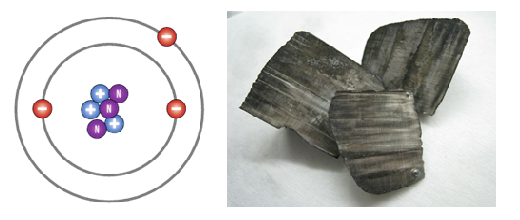Eternal Youth: New Cellular Therapy Tackles Ageing
The global population is ageing rapidly, with the number of individuals aged 60 and above expected to double by 2050[1]. This demographic shift brings significant challenges for public services, the economy, and healthcare systems worldwide, particularly due to the increased prevalence of age-related diseases such as cardiovascular disease, Alzheimer’s, and cancer[2]. These conditions lead to higher healthcare costs and a greater demand for medical services, with approximately 80% of older adults having at least one chronic condition[3].
To address these challenges, innovative solutions are urgently needed, and chimeric antigen receptor (CAR) T-cell therapy has recently been highlighted. This therapy involves the use of the patient’s own immune cells, which are engineered to recognise and eliminate specific targets[4]. Researchers have developed CAR T-cells to target senescent cells. These are dysfunctional cells that stop dividing and contribute to chronic inflammation and tissue damage, making them a key target in age-related diseases[5]. CAR T-cell therapy has shown promising results in effectively eliminating these harmful cells, without causing harm to healthy tissue[6].
In preclinical studies using aged mice, administration of CAR T-cells significantly improved metabolic function and physical fitness, offering a promising approach to extend health span. Remarkably, administration of the modified T-cells targeting senescent cells in young mice alleviated age-related metabolic syndrome[6]. These findings suggest the potential for CAR T-cell therapy to address metabolic disorders associated with ageing offering hope for improving health outcomes in ageing populations. Furthermore, the metabolic health benefits of this therapy were found to be long-lasting, persisting for over a year with the administration of just a single low dose[6].
The development of CAR T-cell therapy represents a significant advancement in regenerative medicine, offering hope for addressing the health and economic challenges associated with an ageing population. As research and clinical trials continue, CAR T-cell therapy has the potential to revolutionise the treatment of age-related diseases, improving the overall quality of life of ageing populations worldwide, while also reducing healthcare costs and alleviating the burden on public services.
[1]https://www.who.int/news-room/fact-sheets/detail/ageing-and-health#:~:text=By%202050
[2]https://ukhsa.blog.gov.uk/2019/01/29/ageing-and-health-expenditure/
[3]https://www.cdc.gov/aging/depression/index.html#:~:text=We%20know%20that%20about
[4] https://www.cancer.gov/publications/dictionaries/cancer-terms/def/car-t-cell-therapy
[5] https://www.cancer.gov/publications/dictionaries/cancer-terms/def/senescence
[6] https://www.nature.com/articles/s43587-023-00560-5
Edited by Despoina Allagioti
Copy-edited by Rachel Shannon











